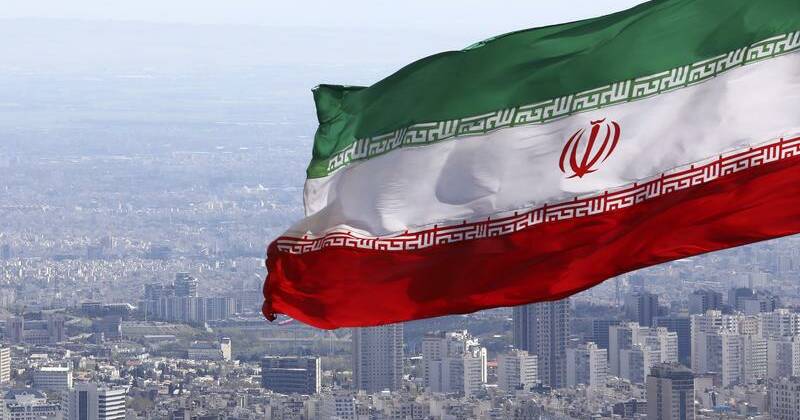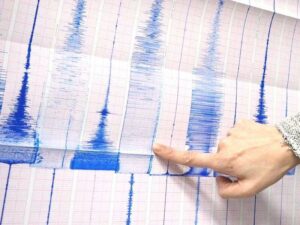
Iran has executed two members of the banned opposition group, the Mujahideen-e-Khalq (MEK), for their involvement in attacks on civilian infrastructure. The individuals, identified as Mehdi Hassani and Behrouz Ehsani-Eslamloo, were sentenced to death following a verdict upheld by the Supreme Court, as reported by the judiciary news outlet Mizan on March 17, 2024.
According to the report, the defendants were part of a team that coordinated attacks on civilians using homemade projectiles. The judiciary described them as “operational elements” of the MEK, stating they set up a base in Tehran where they constructed launchers and hand-held mortars. These actions were in line with the group’s goals, which included indiscriminately targeting citizens, homes, public facilities, and educational institutions.
The charges against Hassani and Ehsani-Eslamloo included moharebeh, an Islamic term meaning waging war against God, as well as destroying public property and membership in a terrorist organization with the aim of disrupting national security. The Mehr News Agency reported that Ehsani-Eslamloo was arrested in 2022 following an explosion at the Ministry of Communication and Information Technology that was claimed by the MEK.
The MEK, also known as the People’s Mujahideen Organisation of Iran, was once a significant leftist-Islamist group that carried out bombing campaigns against the shah’s regime and U.S. targets during the 1970s. However, following the 1979 Islamic Revolution, the group became estranged from other factions, leading to its current status as an exiled opposition group primarily based in Paris.
The MEK was designated a terrorist organization by both the United States and the European Union until 2012. Since then, the group has continued to oppose the Iranian government, which it accuses of widespread human rights abuses and repression of dissent.
In light of these executions, tensions surrounding the Iranian government’s treatment of political dissenters are likely to escalate further. The actions taken against Hassani and Ehsani-Eslamloo underscore the ongoing conflict between the Iranian state and opposition groups within and outside the country.







